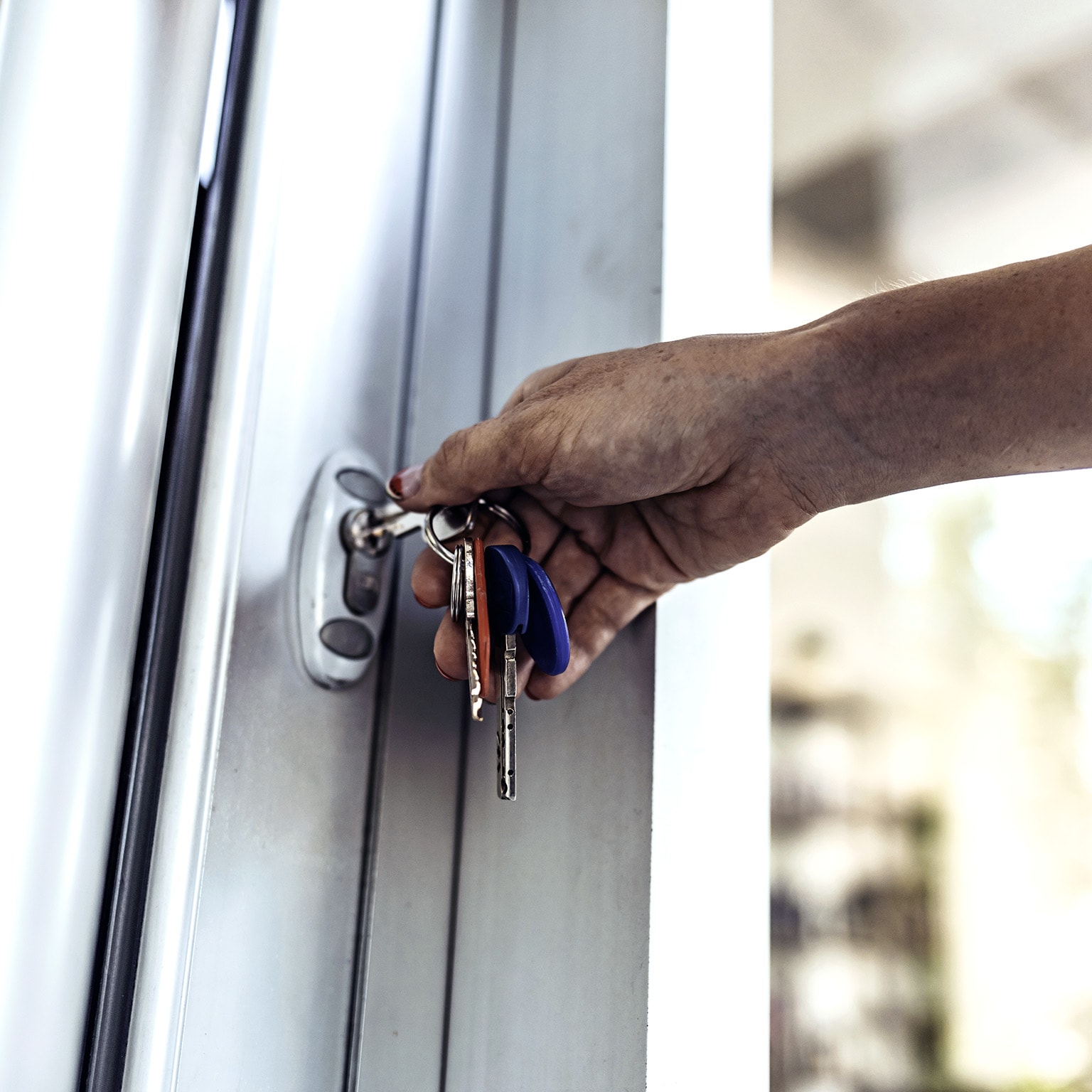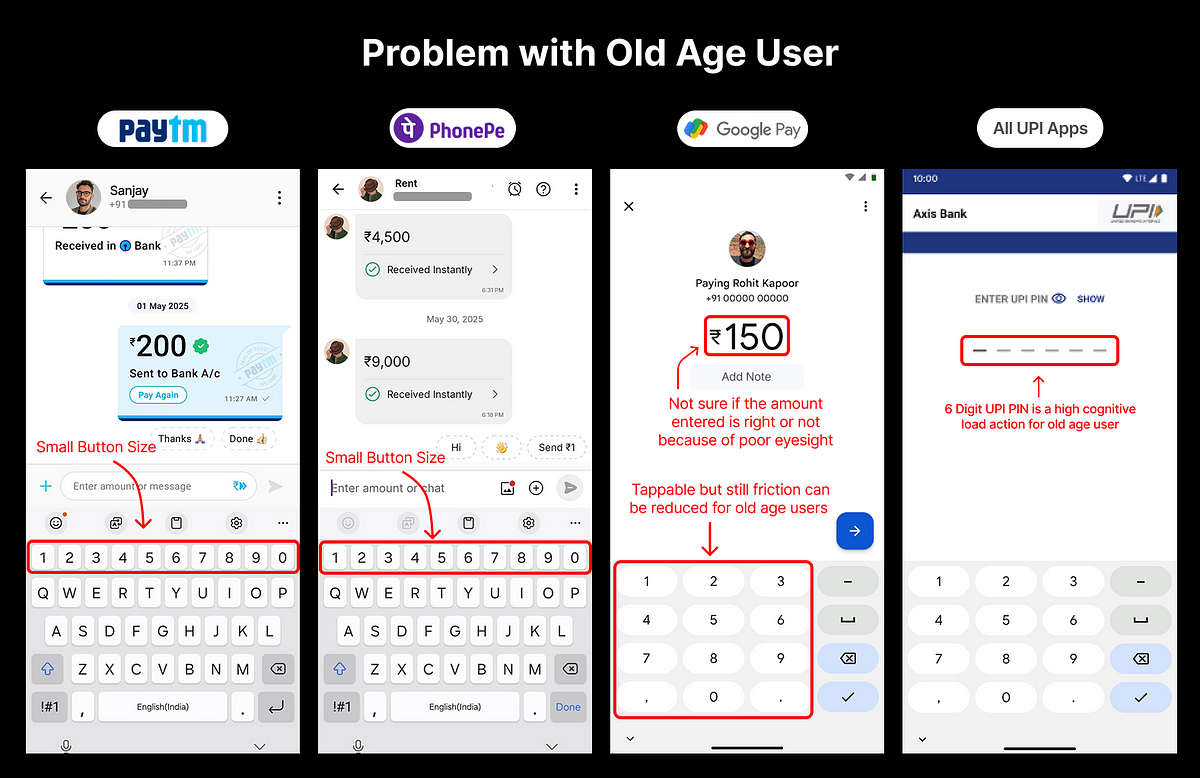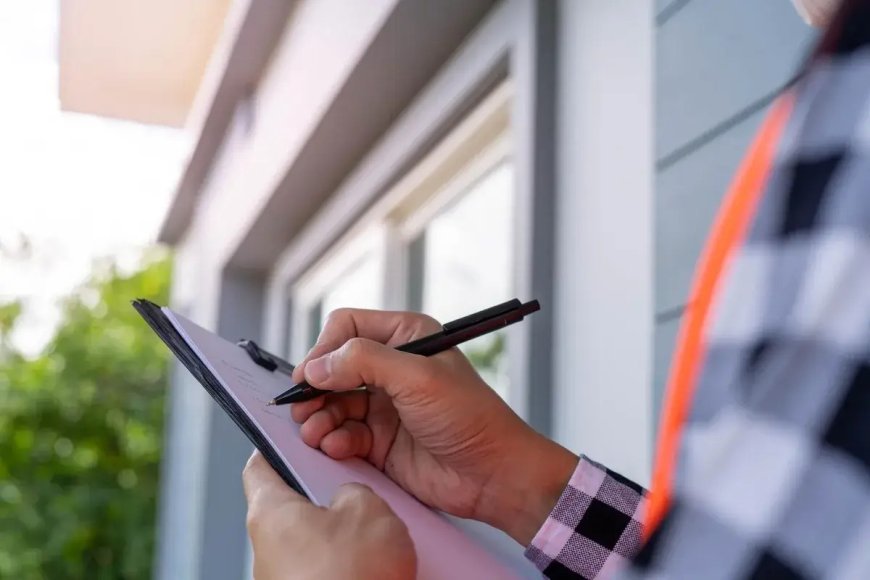How to Choose the Best Home Inspector in Tampa for Your Property
When you're about to make one of the most significant investments of your life—buying a home in the Tampa area—you need to know precisely what you're getting into. That's where home inspectors Tampa professionals come in.
When you're about to make one of the most significant investments of your life—buying a home in the Tampa area—you need to know precisely what you're getting into. That's where home inspectors Tampa professionals come in. These skilled experts can be the difference between moving into your dream home and stepping into a financial nightmare of hidden repairs and safety hazards.
But how do you find the right inspector in a city with options? Let's dive into everything you need to know about choosing the perfect home inspector for your Tampa property.
Understanding the Role of Home Inspectors
Before choosing the right inspector, let's clarify what these professionals do. Home inspectors are trained to evaluate the condition of a property's structure, systems, and components. They look for existing or potential problems that could affect your decision to purchase a home or the price you're willing to pay.
What a Good Home Inspection Covers
A thorough home inspection typically includes evaluation of:
-
Structural components (foundation, framing, roof)
-
Exterior features (siding, drainage, landscaping)
-
Roofing system (materials, ventilation, flashings)
-
Plumbing systems (pipes, fixtures, water heater)
-
Electrical systems (service panels, wiring, outlets)
-
HVAC systems (heating, cooling, filtration)
-
Interior features (walls, floors, windows, doors)
-
Insulation and ventilation
-
Appliances (if included in the sale)
-
Potential environmental concerns
Inspectors in Florida's unique climate also pay special attention to potential moisture issues, hurricane preparedness features, and signs of termite activity—all crucial factors for Tampa homeowners.
Qualifications to Look for in Home Inspectors Tampa Professionals
When you start researching home inspectors in Tampa, you'll quickly discover that not all inspectors have the same qualifications. Here's what matters most:
Licensing and Certification
Florida requires home inspectors to be licensed by the Department of Business and Professional Regulation. This license ensures they've completed the necessary education requirements and passed an examination demonstrating their knowledge.
Beyond the basic license, look for inspectors who hold certifications from respected organizations like:
-
International Association of Certified Home Inspectors (InterNACHI)
-
American Society of Home Inspectors (ASHI)
-
National Association of Home Inspectors (NAHI)
These certifications often require additional training and adherence to strict professional standards and ethics codes.
Experience in the Tampa Market
Tampa's housing market has unique characteristics that make the local experience invaluable. An inspector who has worked extensively in the Tampa Bay area will be familiar with:
-
Common issues in Tampa's diverse housing stock, from historic Ybor City bungalows to modern Davis Island mansions
-
Local building codes and their evolution over time
-
Regional concerns like flood zones, hurricane vulnerabilities, and sinkholes
-
Typical construction methods used in different Tampa neighborhoods and eras
Ideally, look for someone who has inspected hundreds of homes in the Tampa area and has at least 3-5 years of local experience.
Insurance and Professional Memberships
Professional home inspectors should carry errors and omissions (E&O) insurance and general liability insurance. These policies protect the inspector and you if something is missed during the inspection or damage occurs during the process.
Membership in professional organizations also indicates a commitment to ongoing education and professional development, which is especially important in a field where building technologies and standards constantly evolve.
How to Evaluate Home Inspector Reports and Communication
The quality of the inspection report can vary dramatically between inspectors. A superior home inspector provides:
Comprehensive Digital Reports
Modern inspection reports should include:
-
Digital photographs documenting issues
-
Clear explanations of problems found
-
Severity ratings to help prioritize repairs
-
Maintenance recommendations
-
Easy-to-understand summaries
Look for sample reports on inspectors' websites to gauge their thoroughness and clarity.
Clear Communication Skills
Your home inspector should be able to explain complex building issues in terms you can understand. They should:
-
Be willing to answer all your questions during and after the inspection
-
Explain the difference between major issues and minor maintenance items
-
Provide context for how urgent various repairs might be
-
Be available for follow-up questions after delivering the report
The best inspectors view themselves as educators as much as evaluators.
Finding and Interviewing Potential Home Inspectors
Now that you know what to look for, how do you find these qualified professionals?
Gathering Recommendations
Start by asking:
-
Your real estate agent (though be aware they may have established relationships that could influence recommendations)
-
Friends and family who recently purchased homes in Tampa
-
Local real estate investment groups or online community forums
-
Home improvement professionals like contractors or handypeople
Create a shortlist of at least three potential inspectors to interview.
Questions to Ask Before Hiring
When interviewing potential inspectors, ask:
-
How long have you been inspecting homes in Tampa specifically?
-
What are your professional qualifications and certifications?
-
What does your inspection cover? What doesn't it cover?
-
How long will the inspection take? (Beware of unusually short inspection times)
-
May I attend the inspection? (The answer should always be yes.)
-
How soon will I receive the report after the inspection?
-
What type of report do you provide?
-
What is your fee structure? Does it vary by property size?
-
Do you carry professional liability insurance?
-
Can you provide references from recent clients?
Pay attention to the answers and how willing they are to explain their process and address your concerns.
Red Flags to Watch For When Selecting an Inspector
Be wary of inspectors who:
-
Offer unusually low rates (quality inspections take time and expertise)
-
Won't allow you to attend the inspection
-
Are reluctant to provide references or sample reports
-
Can't show proof of proper licensing and insurance. Seems rushed or uninterested in answering your questions
-
Have conflicts of interest (like also offering repair services)
-
Promise unrealistically quick inspections, especially for larger homes
An inspector exhibiting these warning signs might miss crucial defects that could cost you thousands.
Making the Most of Your Home Inspection
Once you've selected a qualified home inspector, maximize the value of their service by:
Attending the Inspection
Always attend your home inspection if possible. This gives you the opportunity to:
-
See issues firsthand rather than just reading about them
-
Ask questions in real-time
-
Learn about maintenance needs directly from the expert
-
Understand the context and severity of any problems discovered
Many home inspectors in Tampa prefer that buyers attend, as it helps ensure their findings are properly understood.
Asking the Right Questions
During the inspection, don't be afraid to ask:
-
Is this a significant concern or a minor maintenance issue?
-
How urgent is this repair?
-
What might this cost to fix?
-
Is this typical for homes of this age in Tampa?
-
What regular maintenance does this system/component need?
The inspection lets you learn about your potential home from a neutral expert.
Beyond the Standard Inspection: Additional Assessments to Consider
In Tampa's unique environment, standard home inspections sometimes need to be supplemented with specialized evaluations:
Wind Mitigation Inspections
These inspections can identify features that make your home more resistant to hurricane damage and may qualify you for insurance discounts.
Four-Point Inspections
These are often required by insurance companies for older homes and focus on the electrical, plumbing, HVAC, and roofing systems.
WDO (Wood-Destroying Organism) Inspections
Given Florida's climate, termite and other wood-destroying pest inspections are essential and usually conducted separately from standard home inspections.
Mold Inspections
Tampa's humidity makes homes susceptible to mold issues, which may warrant specialized testing if there are signs of moisture problems.
Conclusion
Choosing the right home inspector is crucial in your property purchase journey. The right home inspector in Tampa will provide you with peace of mind and the information you need to make informed decisions about your investment.
By prioritizing qualifications, experience, and communication skills and actively participating in the inspection process, you'll maximize your chances of moving into a home with your eyes wide open about its condition and needs.
Remember that even the most thorough inspection can't predict every future issue. Still, it can significantly reduce your risk and prepare you for the responsibilities of homeownership in the beautiful Tampa Bay area.





































































































![Building A Digital PR Strategy: 10 Essential Steps for Beginners [With Examples]](https://buzzsumo.com/wp-content/uploads/2023/09/Building-A-Digital-PR-Strategy-10-Essential-Steps-for-Beginners-With-Examples-bblog-masthead.jpg)

















































